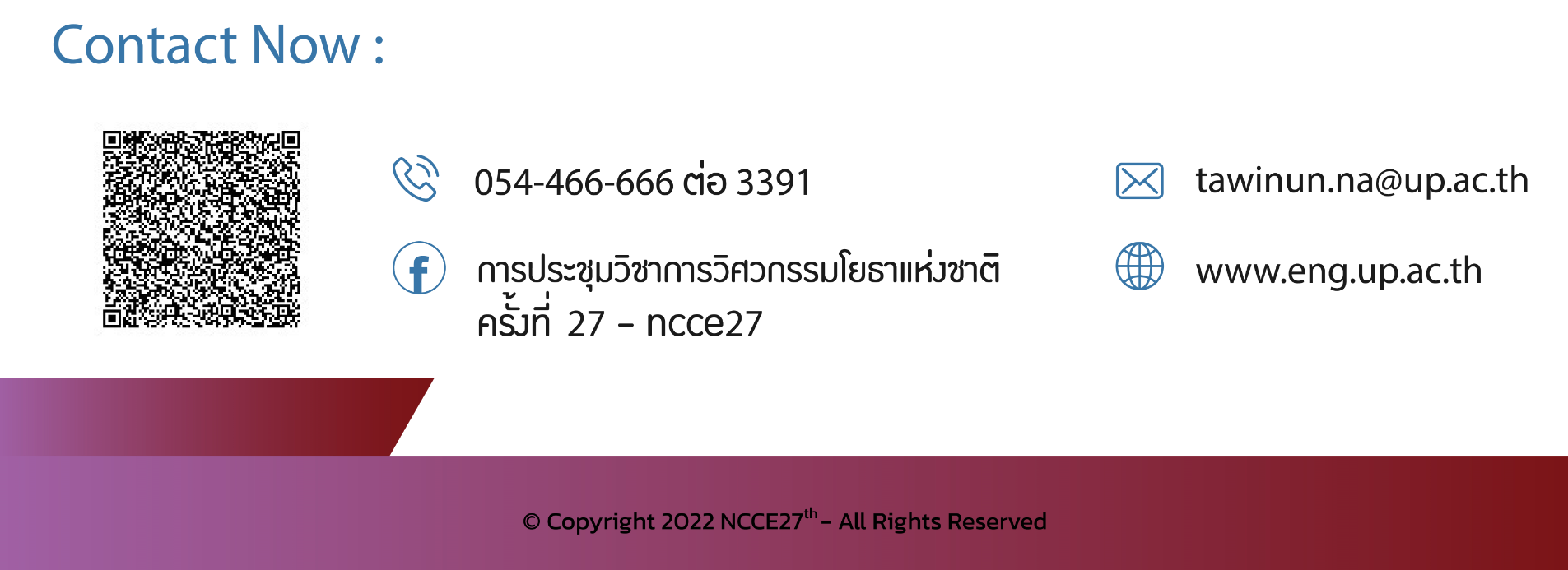Strength properties, chloride resistance and surface electrical resistivity of concrete reinforced with metalized plastic fiber
Keywords:
concrete, metalizedAbstract
This paper aims to study the use of metalized plastic waste as fiber in concrete. Hydraulic cement was used as the main binder and water to binder ratio of 0.40 was kept for all mixtures. The metalized plastic fiber at contents of 0.5, 1.0 and 1.5% by volume of concrete and the length of fiber of 20 and 40 mm were studied. The width of the fiber was 2 mm. The concrete samples were casted for testing the compressive strength, splitting tensile strength and flexural strength of concrete at 7, 28, and 56 days of water curing time. The bulk chloride diffusion and surface electrical resistivity of concrete were also investigated. From the study, it was found that the use of metalized plastic fiber resulted in a decrease in compressive strength compared to control concrete without metalized plastic fiber. Concrete with metalized plastic fiber at a content of 0.5% had the highest splitting tensile strength and flexural strength. While, concrete with metalized plastic fiber at a content of 1.0% had the lowest chloride penetration and the highest surface electrical resistivity.
Downloads
Downloads
Published
How to Cite
Issue
Section
License
บทความทั้งหมดที่ได้รับการคัดเลือกให้นำเสนอผลงานในการประชุมวิชาการวิศวกรรมโยธาแห่งชาติ ครั้งที่ 27 นี้ เป็นลิขสิทธิ์ของ วิศวกรรมสถานแห่งประเทศไทย ในพระบรมราชูปถัมภ์


